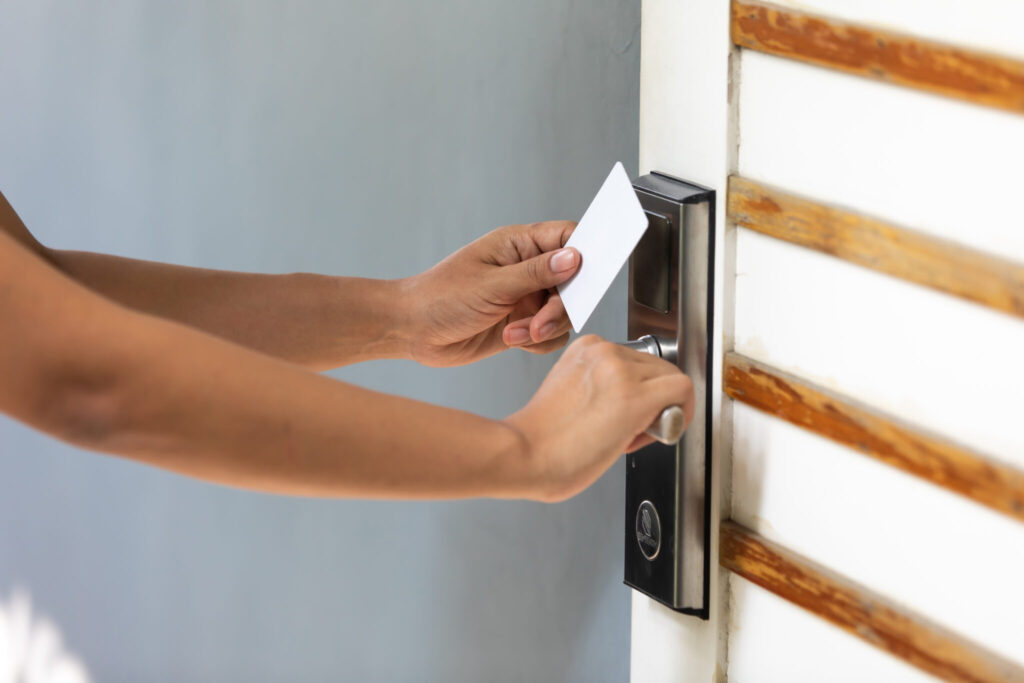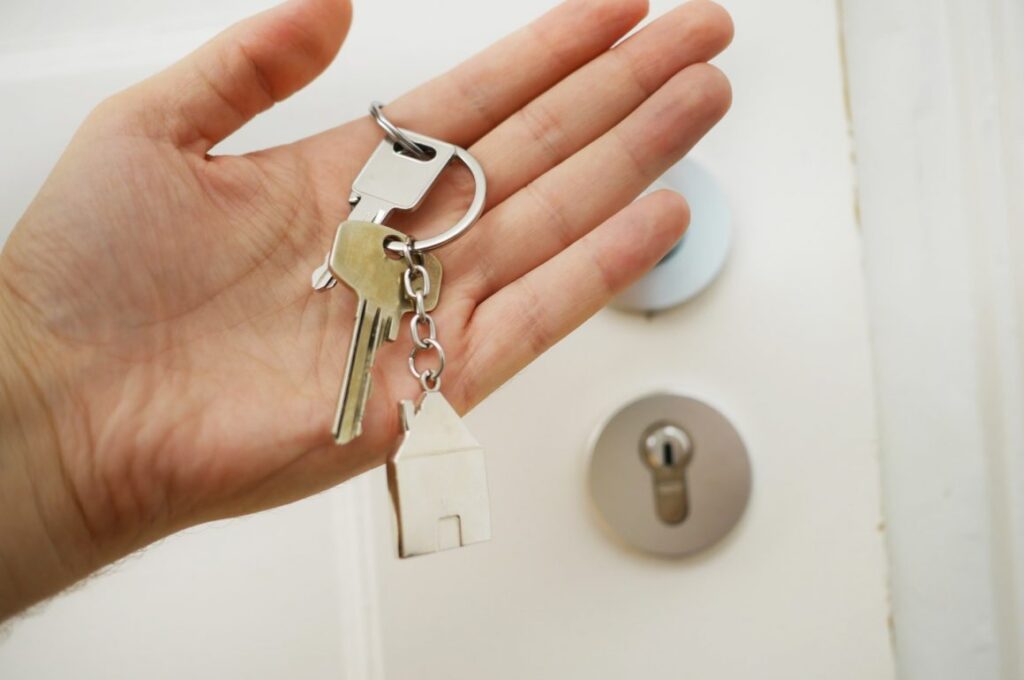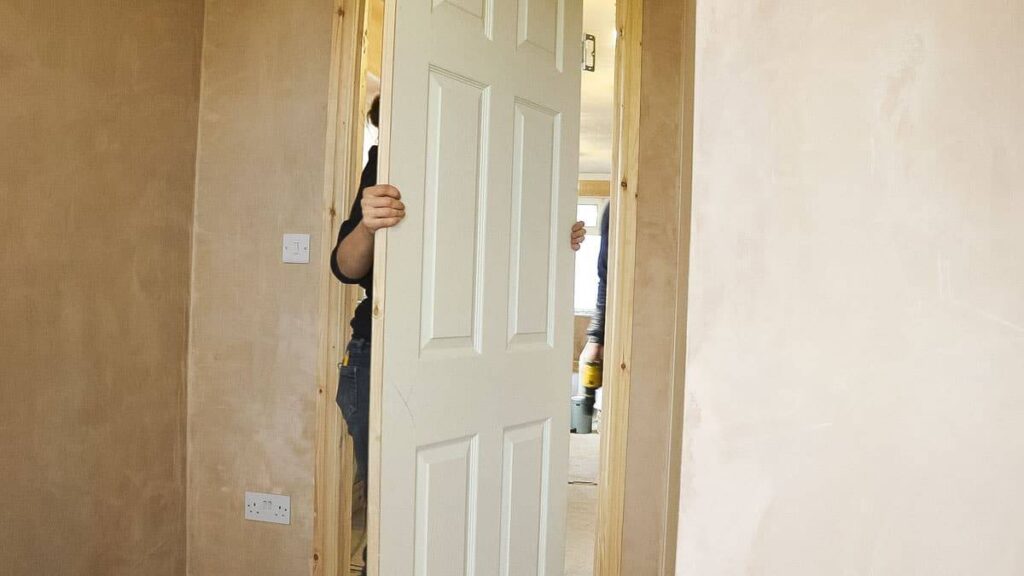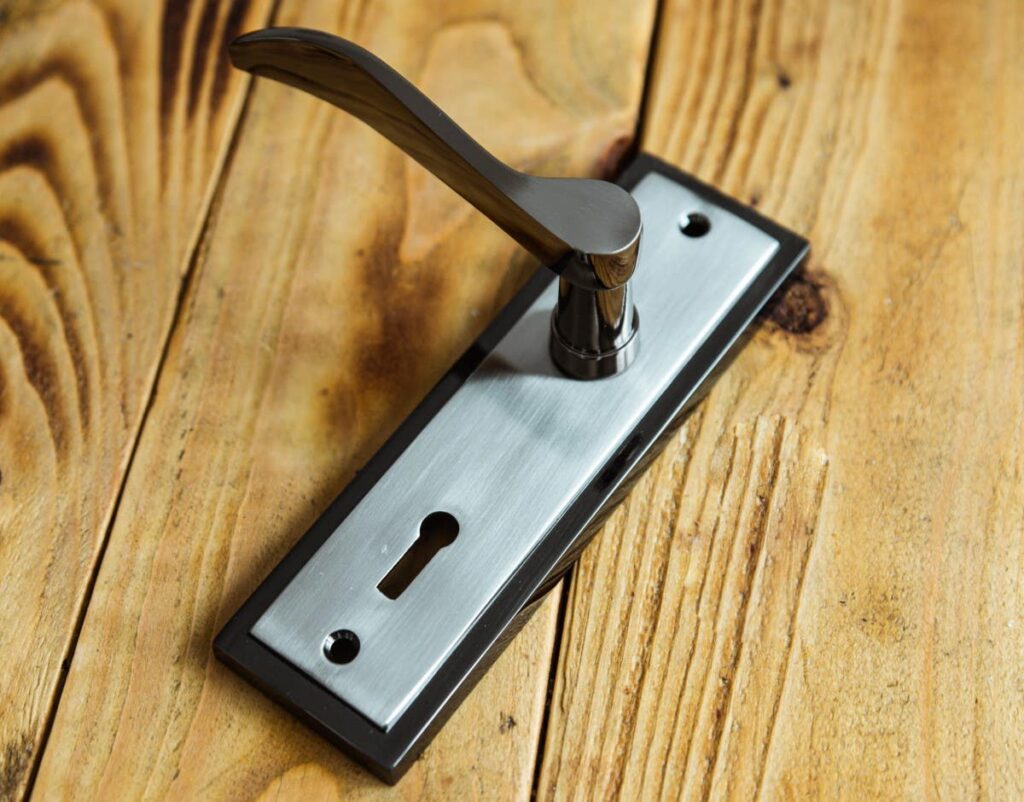Maintenance of exterior and interior doors is something that many commercial property owners overlook. Commercial doors are built to handle high traffic, but that doesn’t mean they’re maintenance-free. To guarantee that your commercial door lasts as long as possible, you must understand why maintenance is required.
Remember that in the event that you don’t have the foggiest idea of how to keep up with business door locks, it can be a very challenging task. There are various factors to consider regarding overseeing and keeping commercial door locks. Assuming you’re uncertain how to keep a business door lock maintained, we’ve assembled a few pointers to help you.
Handle Your Locks And Doors With Care

Source: precisionmicrodrives.com
While you have no control over how your visitors or customers use your business doors, you do have control over how you and your team care for them. If a key is stuck or won’t turn entirely, avoid forcing it to turn.
For example, doors should not be kicked open, and if turning the key is complicated, don’t try to force it. This could cause the cylinder or key to shatter, necessitating the services of an emergency commercial locksmith to extract the key or replace the entire lock. If you see a problem with your locks, call your locksmith before it becomes a crisis. You’ll save the reinstallation money while also avoiding a potentially uncomfortable situation.
Check this if you need a mobile locksmith Tucson to maintain your commercial door.
Lubricate The Lock
We may simply think about the outside of the lock and keeping it clean when thinking about door lock maintenance. The inside of the lock, however, should be given priority.
Cleaning the inside of a door lock is not as difficult or time-consuming as you would think. Dry or graphite lubricants work best when lubricating the inside of your door locks. They’re also the most straightforward to put into practice. In the keyway, spray a tiny amount of your preferred lubricant. After spraying the lubricant into the lock, move the key in and out.
To keep the inside of the lock cleaned for a more extended time, wipe any dirt off the key before re-inserting it. At least once a year, make sure the inside of the lock is oiled. Removing the lock entirely from the door and lubricating the bolt and latch is one of the most effective ways to grease your locks thoroughly.
Replace Keys

Source: philmar.org
When it comes to commercial doors, replacing keys is a must. For two reasons, locks come with a certain number of keys. For starters, keys are tiny, making them simple to misplace. Second, keys have a shorter lifespan than locks. As a result, they will need to be replaced after a few years. If you don’t already have a spare key, have two produced at a nearby hardware store.
Regularly Inspect The Deadbolt and Deadlatch
When you close a door, many of them have a deadlatch that automatically locks. If your deadlatch falls into the strike plate by accident, it will be severely damaged and rendered useless. As a result, it’s a good idea to check on the deadlatch from time to time to make sure it’s in the right spot. Similarly, if not examined on a regular basis, deadbolts might fail.
Clean The Locks Regularly
A good door lock maintenance practice is to clean them regularly. The lubricant in new door locks is adequate. Dirt and dust, on the other hand, accumulate over the lubricant on the locks over time. The interior levers and turn wheels will be more challenging to move as a result—the lock jams result from this.
Inserting a fine wire into the lock and dislodging any collected dirt is an easy technique to remove. To remove the filth, you can use a moist towel. Following the cleaning of the locks, lubrication of the keyhole and latch should be applied. Silicone and other non-petroleum-based lubricants are recommended. Dirt tends to stick to petroleum-based ones more quickly.
Check To See If Your Door Is Correctly Hung

Source: doorhandlestore.com
Locks are meant to work in conjunction with a properly installed and maintained frame and handle. A door that is not correctly hung sags or binds, putting enormous strain on the lock’s latch or bolt, which can lead to lock failure. The space between the door and the frame can indicate whether or not the door is hung correctly. A correctly hung door should have a consistent space on both sides; if this is not the case, we recommend consulting a professional Locksmith to adjust your door and inspect your door mechanism.
Take Care Of The Keys
Improper key use in locks can cause damage to the key or the lock, which can be inconvenient. Pulling on your key while it’s in the lock to close the entryway behind you, constraining the way to turn in the lock when it would rather not, and violently pulling the key out of the lock are all frequent key misuses that exert strain on the lock, making it more prone to breaking and jamming. We always advocate carefully inserting keys into locks and never using force to unlock a lock.
Remember that keys are intended to fit impeccably with the inward parts of the locking system, so assuming they lose their shape after some time through intense use or harm it could make your key not be able to cooperate appropriately with the lock. We propose that you watch out for the state of your keys and to get another one cut when your present one begins to give indications of mileage. A top tip is to keep an unused unique key from which duplicates can be made to guarantee that the new keys are all around as exact as could really be expected.
Conclusion

Source: doorhandlestore.com
As you can see, there are numerous ways to keep your locks in excellent operating order. However, if you have a lock problem that you can’t solve on your own, remember to contact a professional locksmith.



